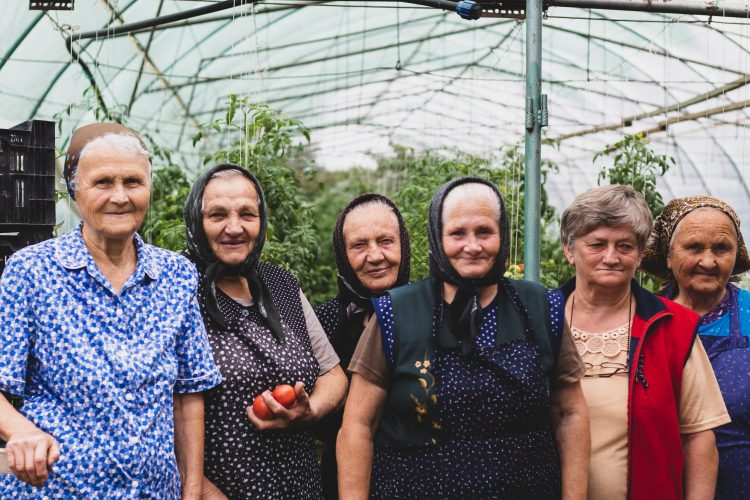This global phenomenon, driven by declining birth rates and increasing life expectancy, is resulting in a steadily growing proportion of older people within populations.
The implications of this shift are vast and multifaceted, impacting economic stability, healthcare systems, and social dynamics on an unprecedented scale.
Navigating the challenges and harnessing the opportunities of population ageing is not merely a matter of policy, but a critical imperative for ensuring sustainable and inclusive development in our rapidly evolving world.
Current trends in population ageing
Globally, population ageing is accelerating. According to the United Nations, the number of people aged 60 years and above is expected to double by 2050, reaching approximately 2.1 billion. This trend is not confined to developed nations; developing countries are also experiencing significant demographic shifts. This trend is the strongest in Asia, where by 2050, one in four people will be over 60.

However, this is not necessarily a bad thing.
Older people enrich the social fabric, promoting cohesion, continuity, and collective well-being. They serve as mentors, offering guidance, emotional support, and resilience. Their involvement in community service, volunteer work, and economic activities strengthens social bonds and local economies. Intergenerational interactions foster mutual learning and respect, and their contributions to childcare and family support enhance bonds. Older people also advocate for beneficial policies, ensuring diverse perspectives in civic matters.
Why is population ageing important?
Since HelpAge International was founded 40 years ago, the demographic changes created by an ageing population have changed the shape of societies all over the world.
Population ageing affects society in numerous ways.
- Economically, an ageing population can influence labour markets, pension systems, and fiscal policies. As the number of retirees grows, the burden on social security systems and pension funds increases, potentially leading to financial strain if not managed effectively.
- Healthcare systems also face significant challenges. Older people typically require medical attention, long-term care, and specialised services, driving up healthcare costs and demanding more healthcare professionals trained in geriatric care.
- Socially, population ageing can alter family dynamics and community structures. With fewer younger people to support older generations, traditional family roles and caregiving responsibilities may need to shift, necessitating changes in social support systems and community services.


